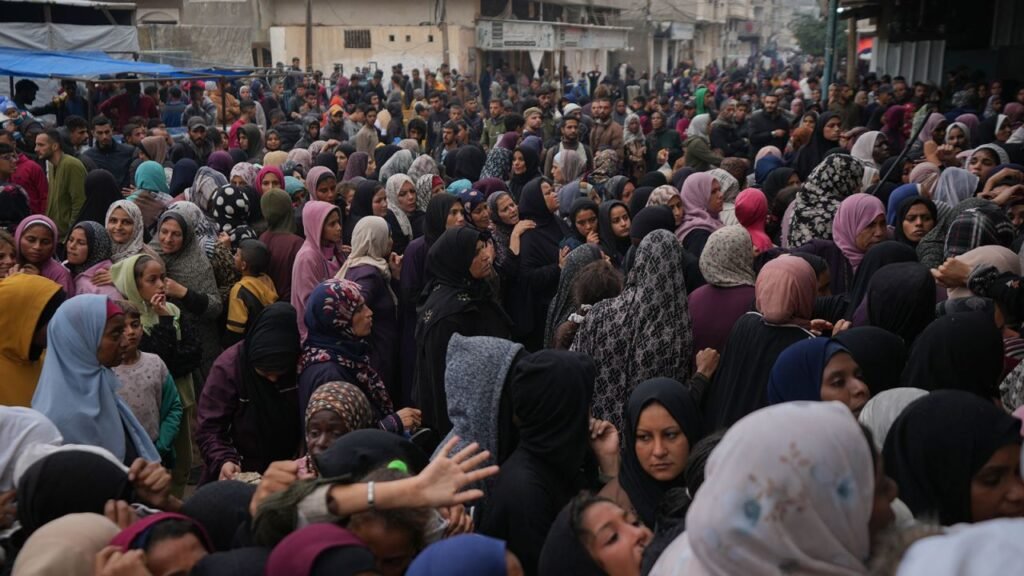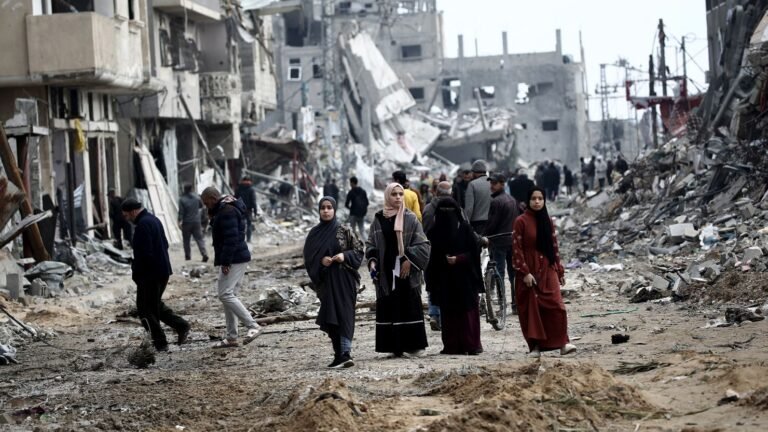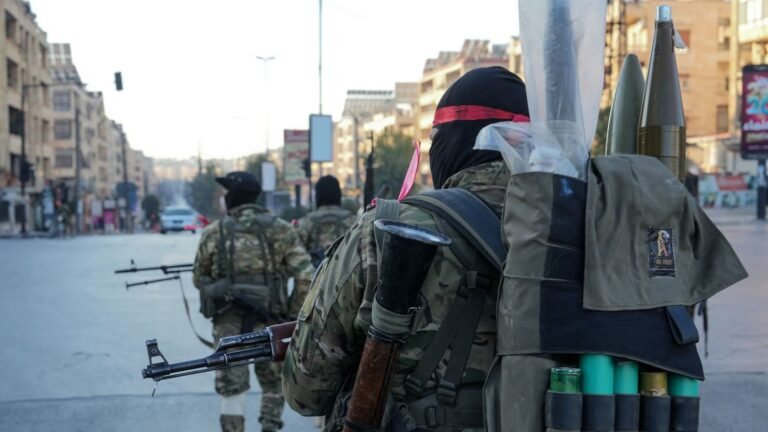
Palestinian woman and two children crushed to death outside bakery in Gaza
Three Palestinians, including two children and a woman, were crushed to death on Friday while in line outside a bakery in central Gaza amid a worsening food crisis in the enclave, according to Palestinian hospital officials.
One of the victims’ father, Osama Abu Al-Laban, told CNN he gave his 17-year-old daughter money to buy a loaf of bread with her sister before she got swept up while waiting in the women’s queue.
“Where did she go? How did she get in? How did she leave? I don’t know. I only found her when they brought her out dead. I have no idea what happened,” Al-Laban said.
Ad Feedback
Al Aqsa Hospital in Deir al-Balah, central Gaza, said it received the three casualties.
Bakery lines have become sites of desperation and overcrowding as Palestinians fight to find food for themselves and their family.
Hunger has mounted in the Strip as the food crisis worsens during Israel’s ongoing intense military operation in the north. Aid agencies have warned that people there are on the brink of famine, some telling CNN that commercial traffic into Gaza had “ground to a complete halt.”

Soon after the crush, the World Food Programme (WFP) said Friday that all bakeries in central Gaza have shut down due to severe supply shortages. The WFP said that bread was often the only food families in Gaza could access – and “now, even that is slipping out of reach.”
“The suffering here is unimaginable. I’ve been standing for four hours trying to get a single loaf of bread. Four hours, and I still can’t bring bread home,” Gaza resident Karam Afali told CNN outside the same bakery where the three Palestinians died.
Earlier this week, three women were killed by gunfire while lined up at a bakery in Deir al Balah, according to a statement from their families sent to CNN.
The United Nation’s Office for the Coordination of Humanitarian Affairs has warned that armed looting – fueled by the breakdown in public order and safety in Gaza – has become increasingly organized.
The agency has said the the challenges involved in delivering aid to Gaza had become “increasingly insurmountable,” with “trucks frequently delayed at various holding points, often looted, and subjected to escalating attacks.”


